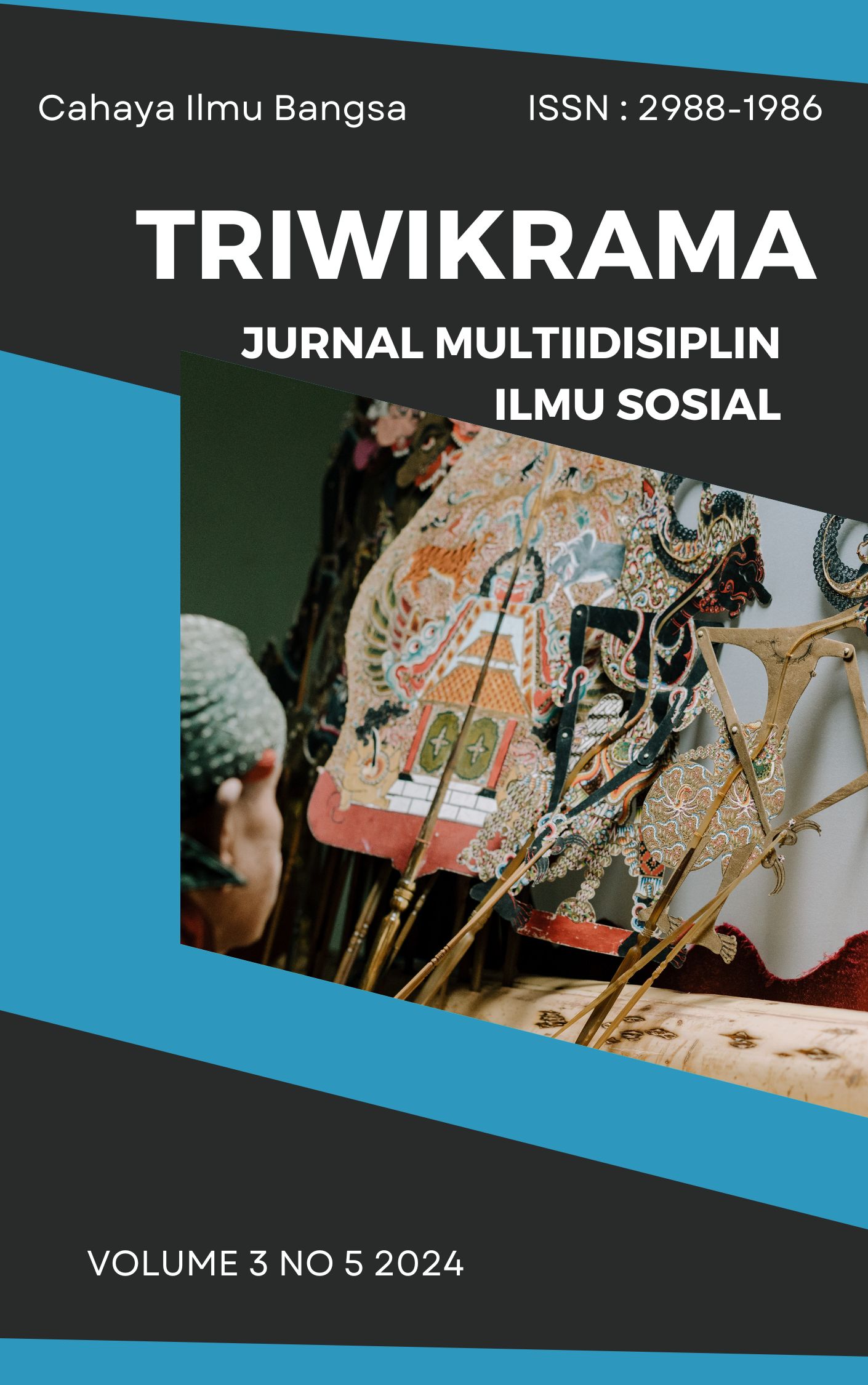KESENJANGAN KAPABILITAS KEAMANAN SIBER INDONESIA DALAM MITIGASI SERANGAN SIBER PADA LAYANAN PUBLIK DIGITAL TAHUN 2020-2025
DOI:
https://doi.org/10.9963/fb6a9g13Abstract
In the last five years Indonesia has seen a significant increase in the number and complexity of cyberattacks, ranging from data theft to hacking of digital infrastructure. This paper examines how the country has responded to these challenges through the lens of resilience governance-an approach that emphasizes the importance of flexibility, adaptability, and sustainability of existing systems in the face of risks in the modern world. Using descriptive qualitative writing methods and analyzing various incident reports, national policies, and central and local governance. This paper finds that Indonesia's current response is still reactive and has not fully adopted long-term defense principles. Several key challenges were identified: cybercrime early detection systems are not yet optimal, coordination between central and local governments is weak, and Indonesia's reliance on foreign technology without a backup national system. Moreover, a comparison between the cybersecurity approach under Jokowi and the projected future policy objectives under Prabowo that shows a potential shift in focus digitalization towards a militaristic approach while implementing budget efficiency. These findings underscore the urgent need for policy reforms in the cybersecurity sector that are not only technical in nature, but also strengthen adaptive and collaborative governance against future digital threat risks.
Downloads
Published
Issue
Section
License

This work is licensed under a Creative Commons Attribution-NonCommercial-ShareAlike 4.0 International License.










